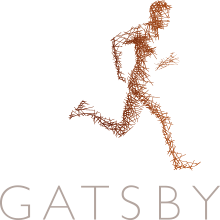Support For Industry Placement Mentors
6. The experience of being mentored
Seeing things from another person’s point of view means shifting from your own state of mind to understand what’s in theirs. Taking on someone else’s perspective increases the chance of creating a bond and reduces the risk of stereotyping. Being able to put yourself into the student’s place and see the whole experience of being on an industry placement from their angle is a core skill for mentors.


